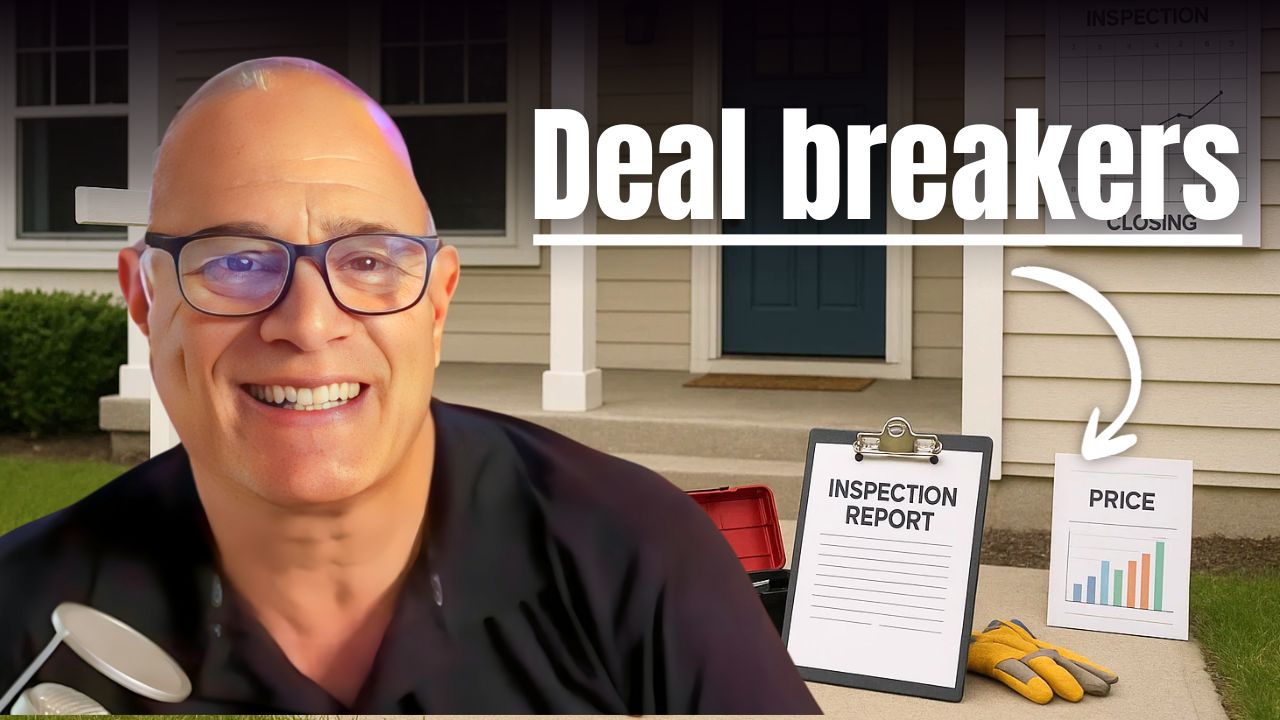Maximize Your Profit—Sell on Your Terms. Don’t settle for less—let us help you secure the highest offer. Book a Strategy Call
With home values rising, many homeowners are shocked by higher property tax assessments—but that doesn’t mean you have to accept them. If you believe your home has been overvalued, you have the right to challenge your tax bill. In this guide, I’ll walk you through how to protest your property taxes step by step.
Step 1: Understand your property assessment. Assessments are based on your property’s market value. This is determined by local tax authorities and is based on market conditions, recent sales, and property details. So, before you take action, review your property assessment carefully. Look for discrepancies in property details, such as square footage or the number of rooms, which could affect your property’s valuation. Look for errors such as:
• Incorrect square footage
• Extra bedrooms or bathrooms that don’t exist
• Misclassified property type
• Outdated renovations that impact value
Even small discrepancies can affect your property’s valuation and your tax obligation. If you spot mistakes, you already have a solid reason to challenge your tax bill. Remember: Inaccuracies here can be grounds for a protest.
Step 2: Gather evidence to support your case. You need to arm yourself with evidence to support your claim and research recent sales of comparable properties in your area. Additionally, consider any factors that might negatively impact your property’s value, such as needed repairs or nearby nuisances. Document these issues thoroughly. To successfully protest your property taxes, you need strong supporting evidence. This includes:
• Comparable sales. Research homes similar to yours that have sold for less than your assessed value. This proves that your assessment is too high.
• Property defects. If your home needs major repairs, document them with photos, contractor estimates, or inspection reports. A home requiring work is often worth less than its tax assessment.
• Market trends. If real estate prices in your area have declined, use recent market data to justify a lower tax valuation.
Gathering this data gives you a stronger case when submitting your appeal. If similar homes have sold for less than your assessed value, this data can strengthen your case.
Step 3: File your property tax protest properly. Finally, you need to adhere to your local jurisdiction’s protest procedures. Deadlines and requirements vary by location, so it’s vital to be informed. Ensure that you file a written protest with the County Board of Equalization on or before the deadline in your area and submit all necessary forms and documentation within the specified timeframe to avoid dismissal of your protest. Every city and county has different deadlines and requirements for filing a property tax appeal, so check with your local tax office. To simplify things, here are the key steps you should take when filing your tax protest:
• Find your deadline. Most areas require property tax protests to be filed within 30-60 days of receiving your assessment.
• Submit a formal appeal. This usually involves filling out a protest form and attaching your supporting evidence.
• Attend a hearing if necessary. Some cases may require you to present your case in front of a review board. Be prepared to explain why your home is over-assessed.
If your protest is successful, you could see hundreds—or even thousands of dollars in tax savings.
Is it really worth protesting your property taxes? If your property tax bill seems too high, don’t just assume it’s correct. Review your assessment, gather evidence, and file an appeal if needed. Many homeowners see success in getting their taxes reduced—but you must take action to make it happen.
Do you need help navigating the process? I’m here to guide you through it. Contact me today by phone or email. I look forward to hearing from you!
-
Maximize Your Profit—Sell on Your Terms. Don’t settle for less—let us help you secure the highest offer. Book a Strategy Call
-
Unlock Hidden Value in Your Home. Your biggest asset deserves the best—uncover your home’s true market value today. Get Estimate
-
Top 10 Steps for Selling Successfully. Not sure where to start? We’ve put together a free home seller’s guide to ensure you know the ins and outs of how to sell with confidence. Get the Guide
-
Free Real Estate Newsletter. Get our latest Q&A, insights, and market updates to make smarter decisions. Subscribe Now







